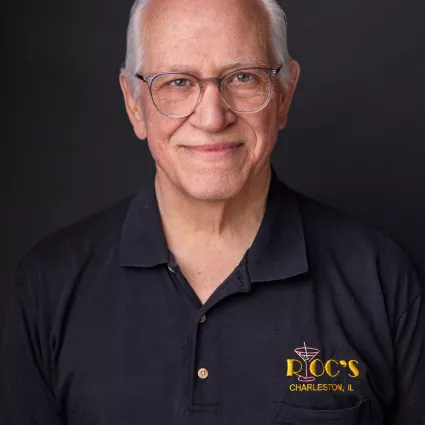Zoulek v. Hass: Utah law restricts teens’ online speech and requires all residents verify their age to use social media
Cases
Case Overview
Zoulek v. Hass - Amended Complaint
From the printing press in the 1400s to the motion pictures of the twenty-first century, politicians have repeatedly tried to address questions inspired by new technology with broad, one-size-fits-all speech restrictions. Now, as society begins to explore the varied effects of social media on young people, Utah’s legislators again default to violating its citizens’ First Amendment rights.
The Utah Minor Protection in Social Media Act requires every social media user to verify that they are at least 18 years old. If they’re not — or if they are, and they refuse to provide their government identification — then they are required to use a highly limited version of social media. This “social media lite” would prevent their posts from being viewed by, or them receiving messages from, anyone they’re not already connected to. It would also hide their profile and online speech from the results of all searches initiated by anyone they’re not already connected to.
Remarkably, this is only Utah’s most recent unconstitutional attempt to regulate minors’ access to social media. In late 2023, Utah passed a law that prohibited Utah minors from using social media at all (absent parental consent). In January 2024, a high school student who testified against that law and three adults who escaped an abusive polygamous community sued Utah officials in federal court. The Utah residents, jointly represented by FIRE and the law firm Davis Wright Tremaine, asked the court to halt the unconstitutional law’s enforcement before it took effect on March 1, 2024.
Rather than defend that law in court, Utah officials repealed it and, on March 13, 2024, replaced it with another unconstitutional statute: the Utah Minor Protection in Social Media Act. So, on May 31, 2024, the plaintiffs filed an amended complaint and a motion for a preliminary injunction asking the court to declare the new law unconstitutional and stop it from taking effect on October 1 of this year. The amended complaint also added two new Utah residents as plaintiffs: a high school senior and a student environmental group.
The plaintiffs fear that the new law—like the old one—will infringe their rights to connect and communicate online with people that aren’t already members of their respective communities. As a minor high schooler, Hannah Zoulek used social media to discuss art, science, and more personal topics with peers from different backgrounds. Lu Ann Cooper, Jessica Christensen, and Val Snow, who all escaped from a controlling polygamist sect, know that Utah’s law will prevent other young people in abusive environments from accessing the help and information they need. And the impressive high school and college students at Utah Youth Environmental Solutions rely on social media to publicize events and campaigns, recruit allies, and educate the public about protecting the state’s natural resources.
Just like prior attempts to child-proof technology, the Utah Minor Protection in Social Media Act presupposes that every single minor in Utah experiences negative effects from social media and second-guesses young Utahns and their families when it comes to managing young people’s social media use.
Case Team

Robert Corn-Revere
Chief Counsel


